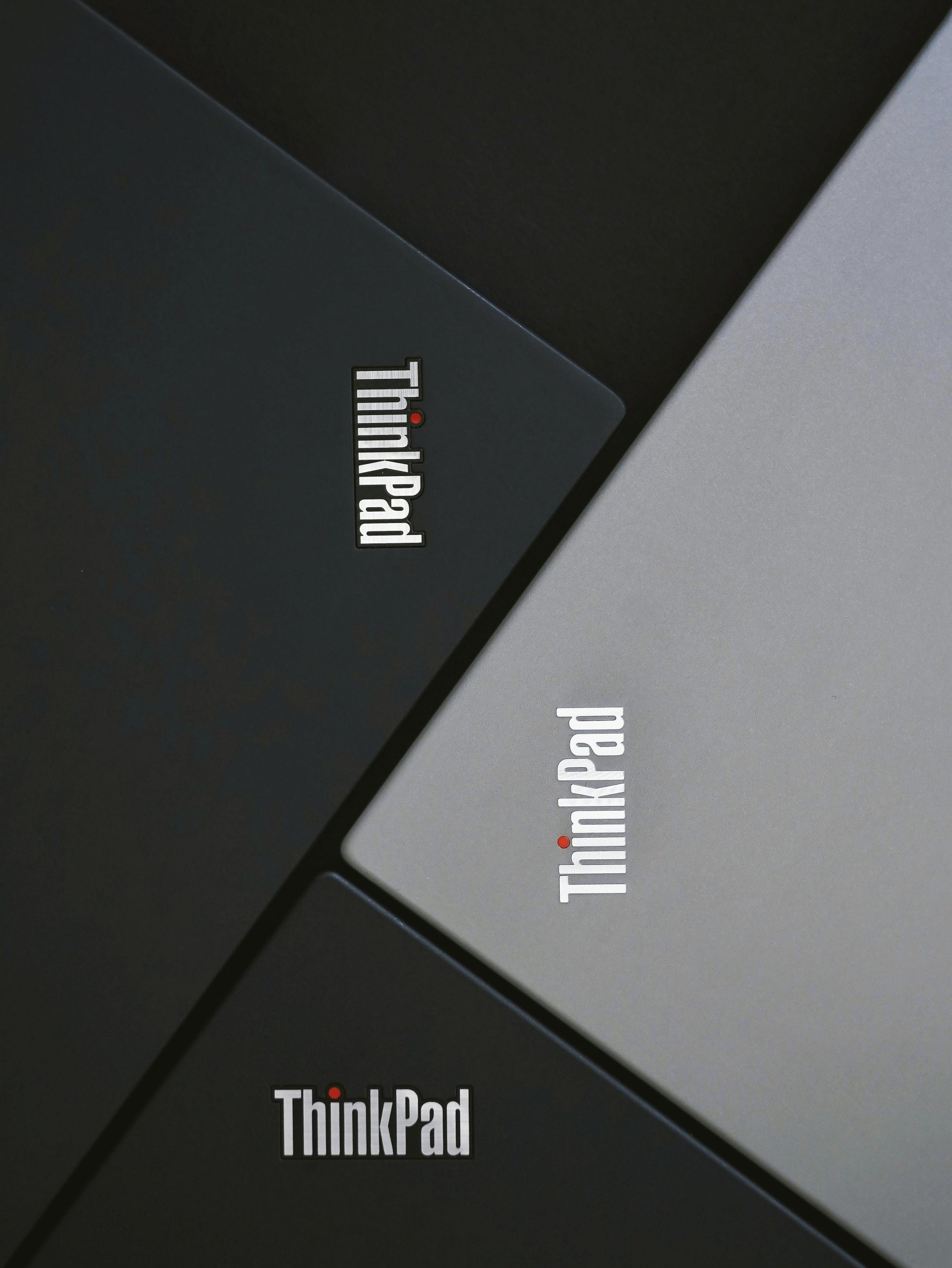Introduction
Lenovo is one of the world’s largest technology companies, known for manufacturing laptops, desktops, tablets, smartphones, servers, and smart devices. Founded in 1984 and headquartered in Beijing and Morrisville, North Carolina, the company has grown from a small Chinese startup into a multinational powerhouse serving millions of customers across more than 180 markets. Its reputation rests on reliability, innovation, and value, making it a dominant player in both consumer and enterprise computing.
History and Evolution
Lenovo began as “Legend Holdings” with a modest capital investment and a vision to bring advanced technology to Chinese consumers. The company’s global breakthrough came in 2005 when it acquired the personal computer division of IBM. This acquisition gave Lenovo ownership of the iconic ThinkPad brand and instantly positioned it as a major competitor in the international PC market.
Another milestone occurred in 2014 when Lenovo acquired Motorola Mobility from Google. This move strengthened Lenovo’s presence in the smartphone industry and expanded its product ecosystem.
Product Portfolio
1. Laptops and PCs
Lenovo is best known for its diverse laptop lineup, which includes:
- ThinkPad series – Business-focused machines known for durability and security.
- IdeaPad series – Affordable consumer laptops.
- Legion series – High-performance gaming systems.
- Yoga series – Premium convertible laptops with touchscreen functionality.
These product lines allow Lenovo to cater to students, professionals, gamers, and corporate users alike.
2. Smartphones and Tablets
Through its Motorola division and in-house devices, Lenovo offers smartphones that range from budget-friendly models to flagship devices. Its tablets are popular in education and business sectors because of their affordability and compatibility with productivity tools such as those from Microsoft.
3. Enterprise and Infrastructure Solutions
Lenovo also produces servers, storage systems, and cloud infrastructure solutions. Many of these systems use processors from Intel and AMD, enabling organizations to run data centers, analytics platforms, and AI workloads efficiently.
Innovation and Technology Strategy
Lenovo invests billions of dollars annually in research and development. Its innovation strategy focuses on five major pillars:
- Artificial Intelligence – AI-optimized PCs and enterprise solutions.
- 5G and Connectivity – Devices designed for high-speed networks.
- Edge Computing – Processing data closer to where it is generated.
- Cloud Infrastructure – Scalable computing for businesses.
- Sustainability – Energy-efficient devices and recyclable materials.
The company’s “Smarter Technology for All” philosophy emphasizes accessible innovation rather than premium pricing alone.
Market Position and Competition
Lenovo consistently ranks among the top PC manufacturers worldwide, competing with brands such as HP, Dell, and Apple. Its competitive advantages include:
- Strong supply chain and manufacturing network
- Broad product range for different budgets
- Competitive pricing
- Reliable customer support
Because Lenovo manufactures many components in-house, it can control costs and maintain consistent quality.
Financial Overview (Example Calculation)
To understand Lenovo’s pricing competitiveness, consider a simplified price-to-performance calculation for laptops.
Formula:Value Score=PricePerformance Benchmark Score
Suppose:
- Laptop A benchmark score = 12,000
- Price = $1,000
Value Score=1,00012,000=12
Laptop B (competitor):
- Benchmark score = 11,000
- Price = $1,100
Value Score=1,10011,000=10
Interpretation:
Laptop A delivers better performance per dollar. Lenovo often targets this metric, aiming to maximize performance while keeping prices lower than rivals.
Strengths of Lenovo
1. Global Manufacturing Scale
Lenovo operates manufacturing facilities across Asia, Europe, and the Americas, ensuring fast distribution and reduced costs.
2. Durability and Reliability
ThinkPad laptops, for example, are famous for passing military-grade durability tests.
3. Wide Pricing Range
From entry-level systems for students to enterprise servers, Lenovo serves nearly every customer segment.
4. Strong Enterprise Presence
Many corporations rely on Lenovo hardware for offices and data centers due to its reliability and security features.
Challenges and Criticisms
Despite its success, Lenovo faces some challenges:
- Intense competition in the PC and smartphone markets
- Thin profit margins due to competitive pricing
- Supply chain disruptions affecting global electronics
However, its diversified product lines help reduce dependence on any single market segment.
Sustainability Initiatives
Lenovo has committed to reducing greenhouse gas emissions and increasing the use of recycled materials in its devices. The company also promotes energy-efficient hardware and environmentally friendly packaging. These efforts align with global sustainability standards and appeal to environmentally conscious consumers.
Future Outlook
The future for Lenovo looks promising due to several trends:
- Rising demand for remote work devices
- Growth in gaming and high-performance computing
- Expansion of artificial intelligence applications
- Increasing adoption of cloud services
By investing heavily in innovation and infrastructure, Lenovo aims to remain a dominant force in global technology for decades to come.
FAQs
1. Is Lenovo a Chinese company?
Yes. It was founded in China, but it operates globally with headquarters in both China and the United States.
2. Are Lenovo laptops good for students?
Yes. The IdeaPad and Yoga series are popular among students because they offer good performance at affordable prices.
3. Why are ThinkPad laptops so popular in businesses?
They are known for durability, security features, comfortable keyboards, and long lifespans.
4. Does Lenovo make gaming devices?
Yes. The Legion series is specifically designed for gaming with powerful graphics and cooling systems.
5. How long do Lenovo laptops typically last?
With proper care, many last 4–6 years or longer, depending on usage and maintenance.
6. Does Lenovo manufacture its own components?
Some components are produced in-house, while others come from partners such as Intel and AMD.
7. Is Lenovo good value for money?
Generally yes. The company focuses on balancing price and performance, making its devices competitive in most categories.
Calculation
Lenovo’s journey from a small startup to a global technology leader illustrates how strategic acquisitions, innovation, and customer-focused design can transform a company. With strong positions in PCs, smartphones, and enterprise solutions, it continues to shape the future of computing. Whether for students, gamers, or corporations, Lenovo remains a trusted name synonymous with reliability, performance, and value.
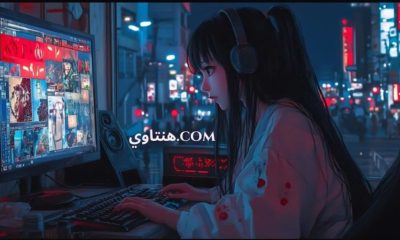
 Entertainment3 months ago
Entertainment3 months ago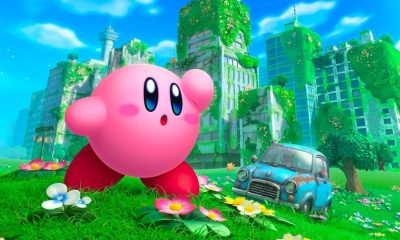
 News4 months ago
News4 months ago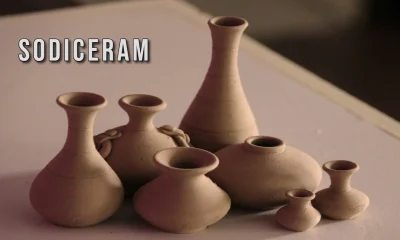
 Local Information4 months ago
Local Information4 months ago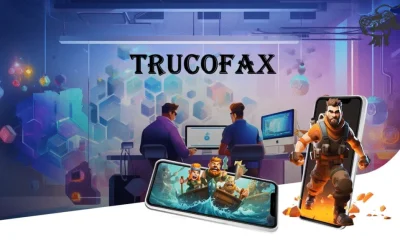
 Tech4 months ago
Tech4 months ago
 Local Information4 months ago
Local Information4 months ago
 Entertainment4 months ago
Entertainment4 months ago
 Tech4 months ago
Tech4 months ago
 Tech4 months ago
Tech4 months ago


